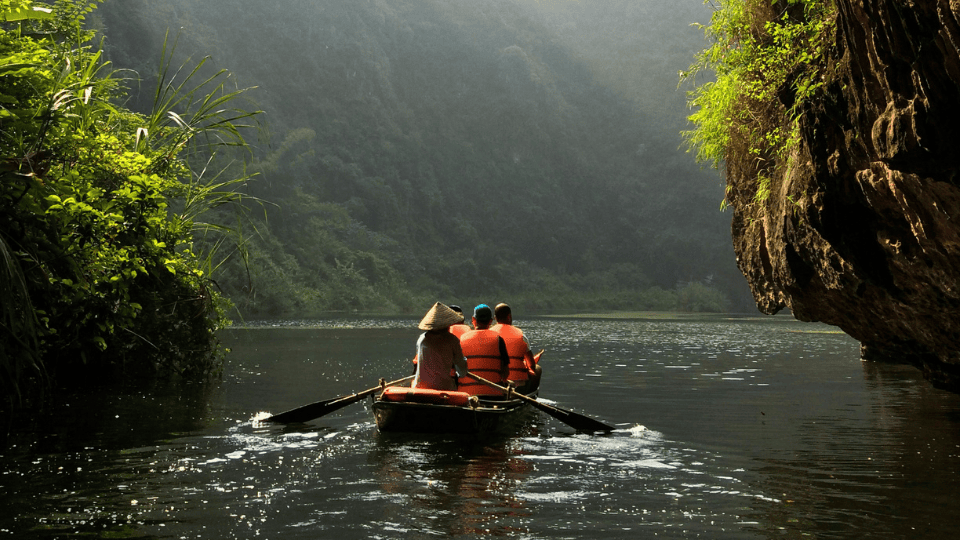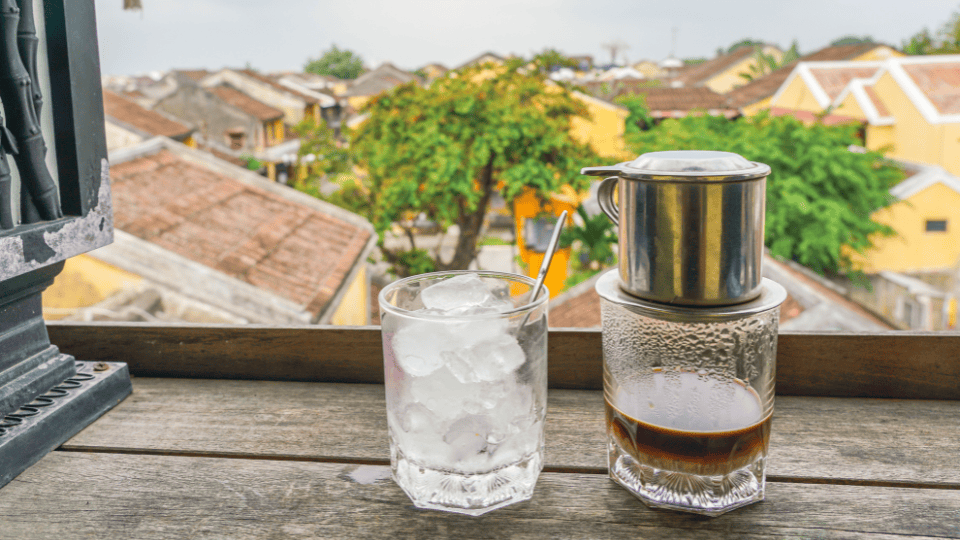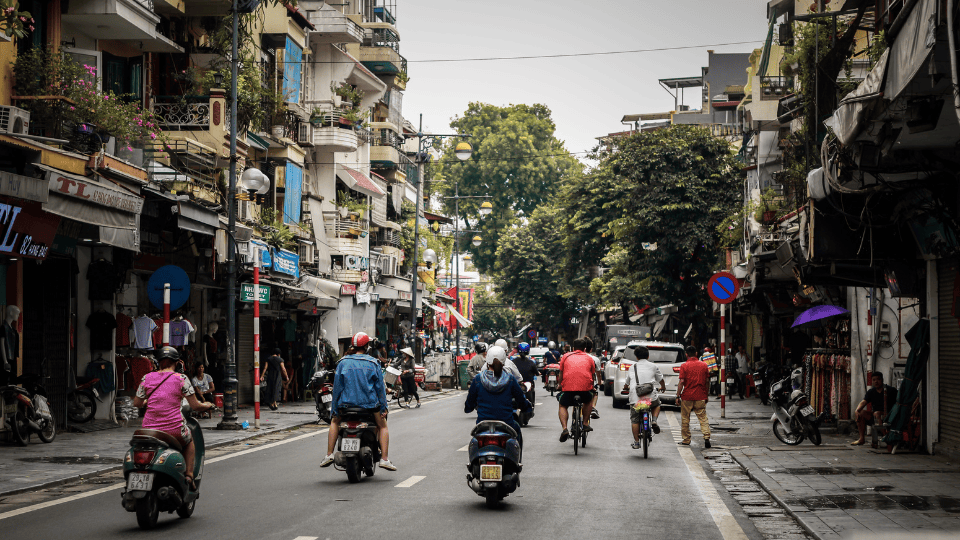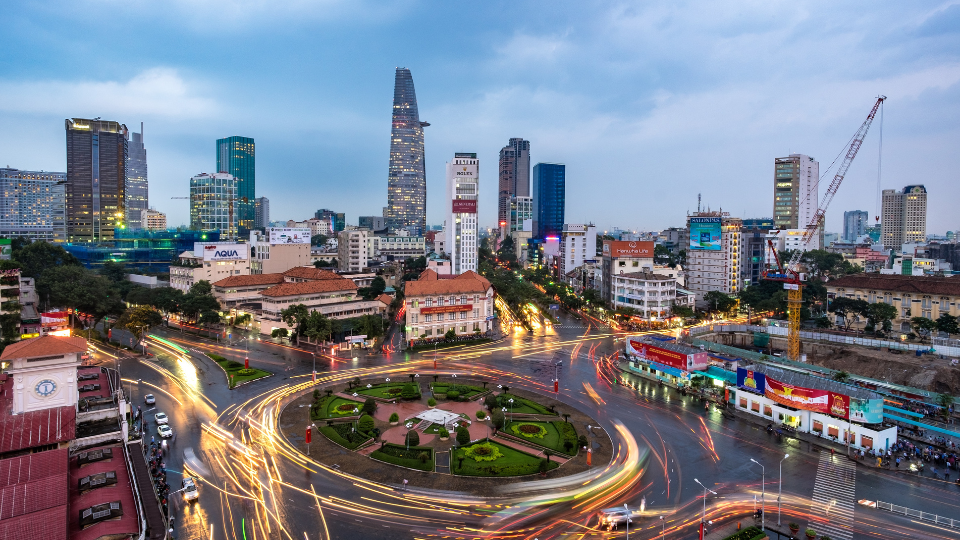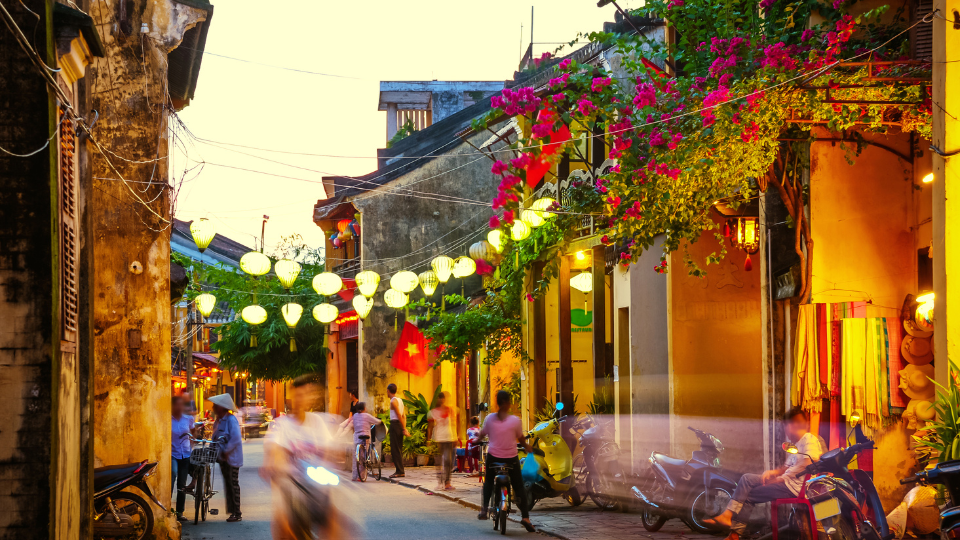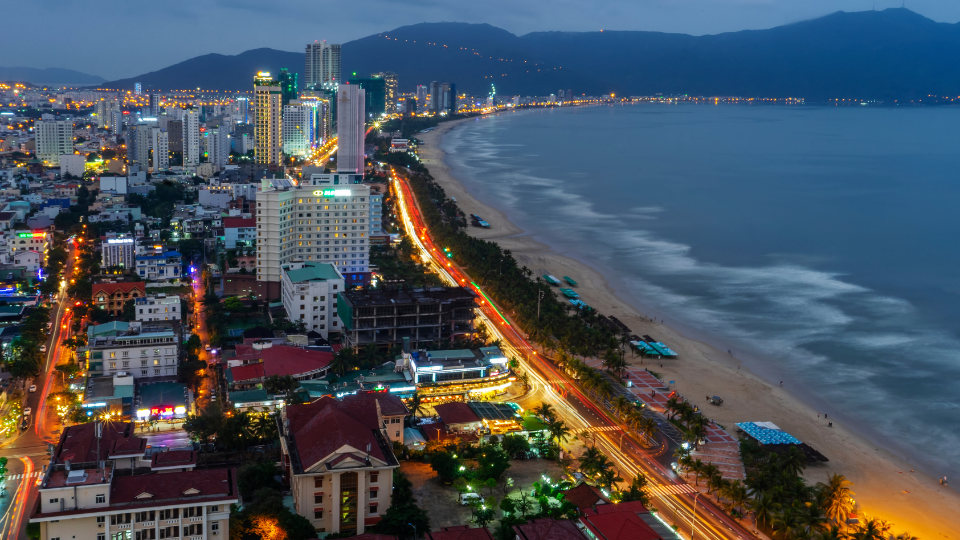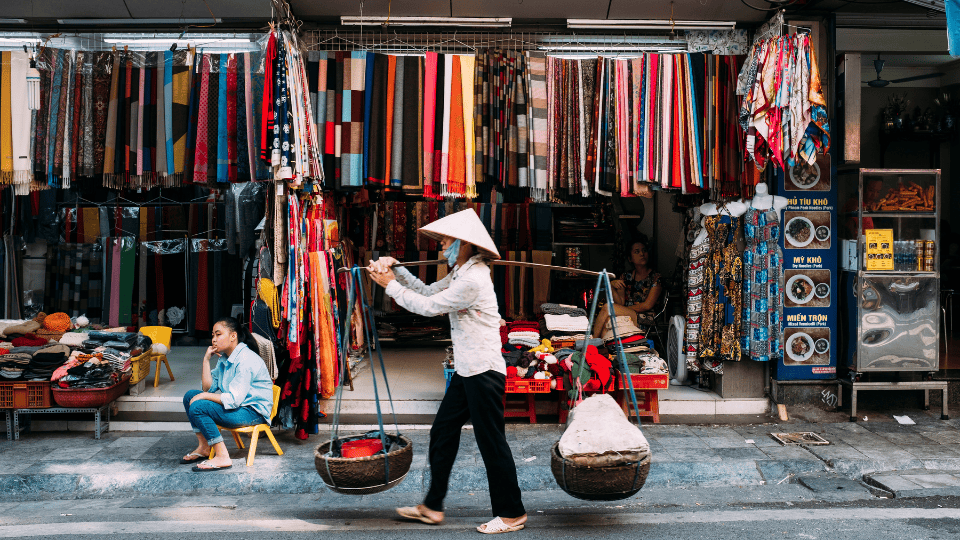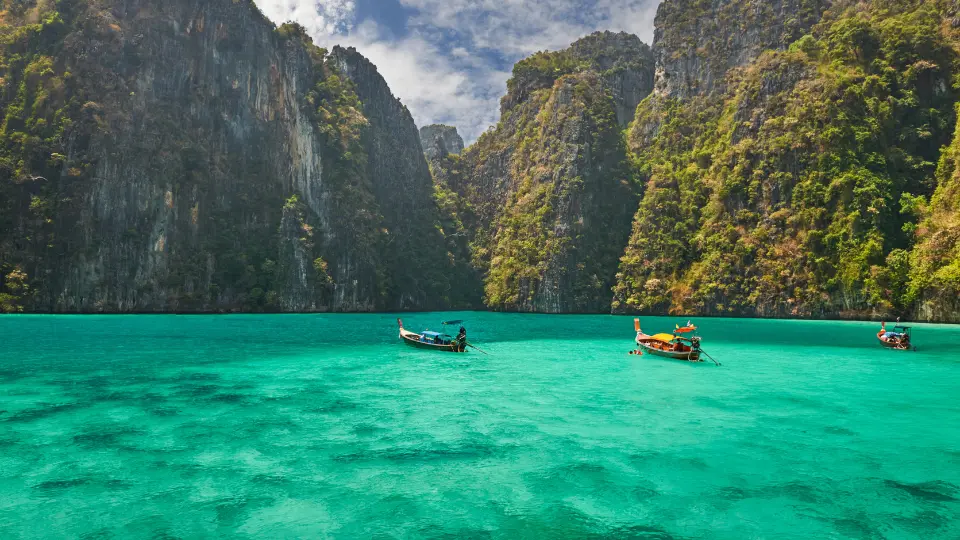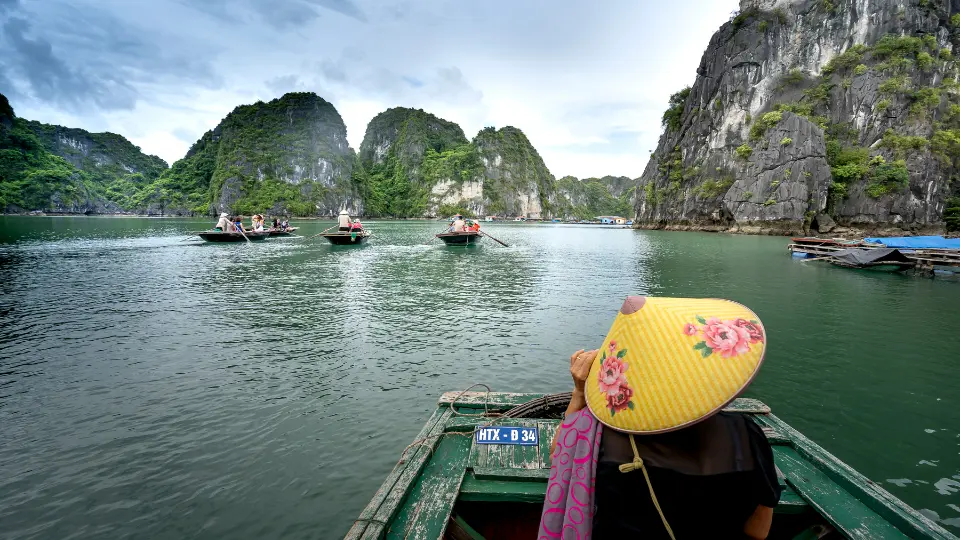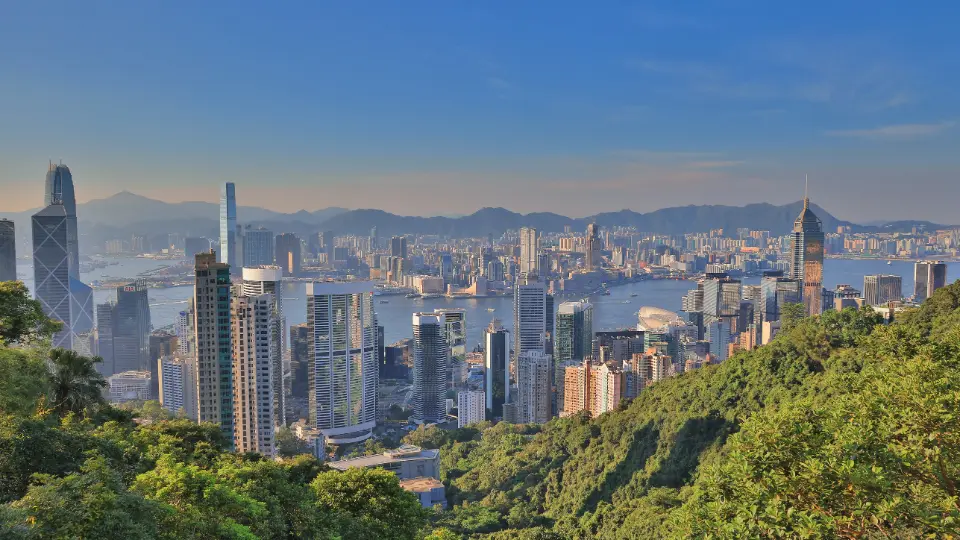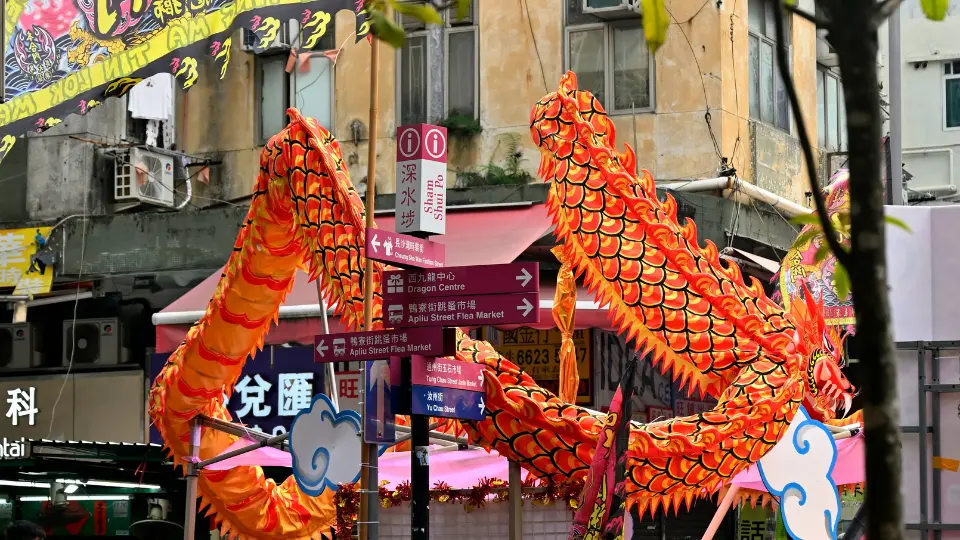Hong Kong: Venture Beyond the City
For many travel enthusiasts, Hong Kong is the epitome of an urban metropolis, celebrated for its dazzling skyline and busy streets.
However, while Hong Kong is renowned for its cityscapes, its hidden natural treasures are often overlooked by visitors and locals alike. Beyond the city’s urban sprawl lies a world of natural beauty waiting to be explored.
Accessible from the heart of the city are hiking trails, forests full of diverse flora and fauna, a UNESCO geopark, and expansive beaches lining the city’s shores. With its abundance of islands, country parks, and marine reserves, Hong Kong is a playground for nature enthusiasts.
Let’s delve into the landscapes and experiences that make Hong Kong a haven for those seeking to connect with nature.
Diverse Landscapes, Rich Experiences.
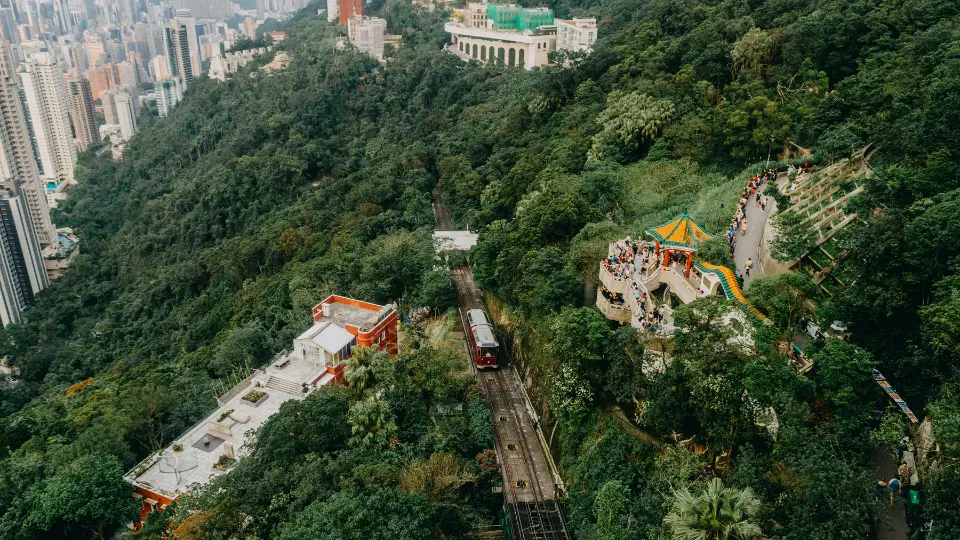
Hong Kong’s urban landscape may dominate the skyline, but venture outside of the city’s bustling exterior, and you will find yourself in a fusion of natural landscapes.
With about 40% of its territory made up of protected country parks, Hong Kong offers some of the most breathtaking hiking trails in Asia. From leisurely pathways through rural villages to adventures along its peninsulas, Hong Kong’s natural wonders cater to every outdoor enthusiast.
Surrounded by the sea from nearly all sides, the city is also outlined by over a thousand kilometers of pristine coastline and clear waters, with more than 260 small islands. For those seeking luxury and wellness, sailing and yachting are popular aquatic activities, giving a unique perspective of the Hong Kong’s skyline from the water.
Roam Among the Rocks.

One of Hong Kong’s extraordinary natural attractions is the UNESCO Global Geopark in the New Territories.
Spanning 150 square kilometers of islands and peninsulas, the Geopark is a geological marvel shaped by volcanic eruptions millions of years ago. Some of the park’s many wonders include towering hexagonal columns and natural rock formations, otherworldly sea caves, and steep cliffs, all set against the backdrop of azure waters.

Visitors can also find cultural landmarks scattered across the park, from temples and Feng Shui forests to Hakka villages and seaside fishing towns. For one, the park’s Sai Kung peninsula could be described as nature’s version of the city’s concrete jungle. Known for its quaint fishing villages and picturesque hiking paths, Sai Kung blends jungle and seascapes — within just half an hour from the urban center.
Wander with Wildlife.

Nestled within Tin Shui Wai in the New Territories lies one of the city’s best-kept secrets: the Hong Kong Wetland Park.
Covering nearly 150 acres of wetlands, this serene sanctuary offers a peaceful contrast to the restless city. The park’s biodiversity reflects all of Hong Kong’s ecological richness, with mangroves, mudflats, gardens, ponds, and seasonal pools providing habitats for abundant wildlife species. Here, visitors can observe migratory and native birds, butterflies, and the unique mudskipper — a real “fish out of water” that can survive on land!
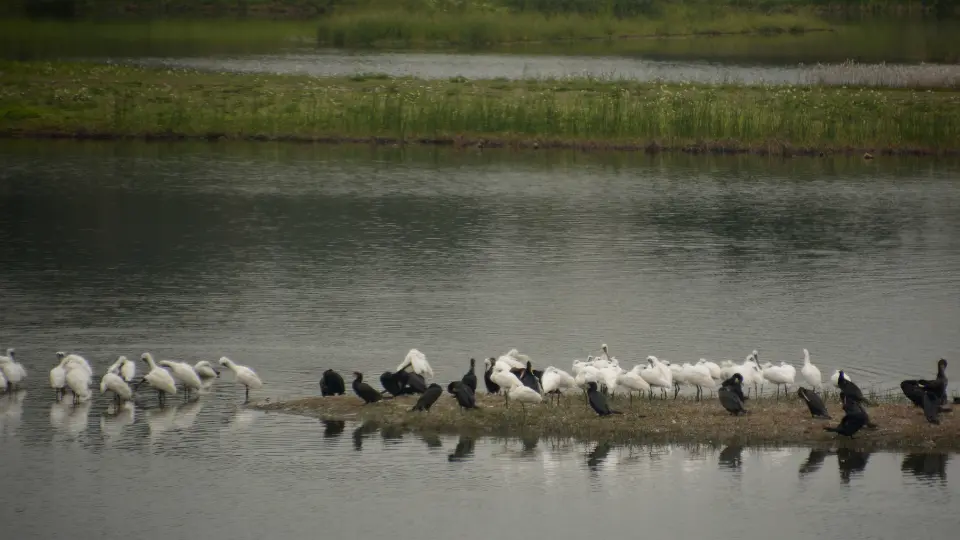
Away from Hong Kong’s hustle and bustle, the Wetland Park creates a quiet refuge for visitors to reconnect with nature and glimpse into the region’s natural wonders.
Hike the Hillsides.
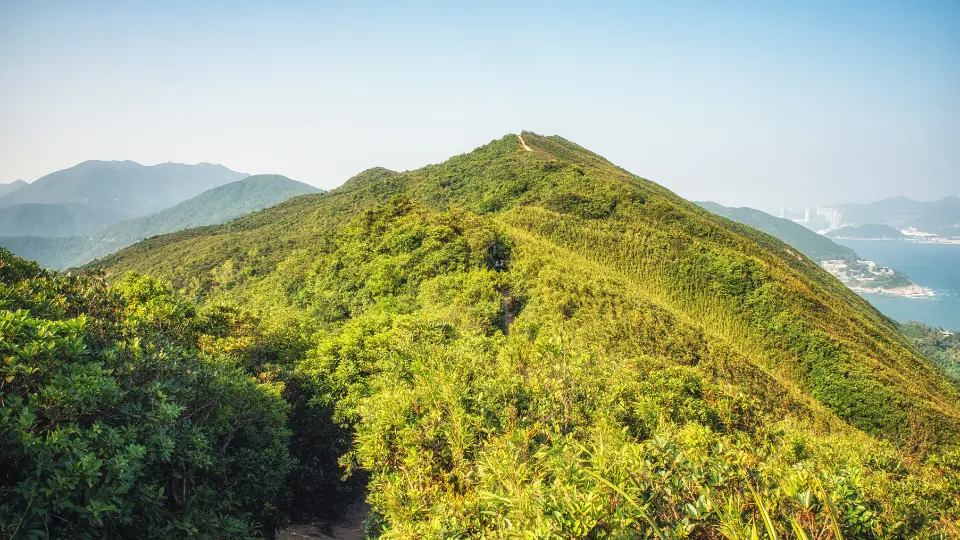
From anywhere in Hong Kong, magnificent mountains and lush hillsides create a breathtaking backdrop to the city’s modern skyline. Hiking enthusiasts can explore these heights through a system of hiking and walking paths, from family-friendly strolls to challenging treks like the 100-kilometer MacLehose Trail.
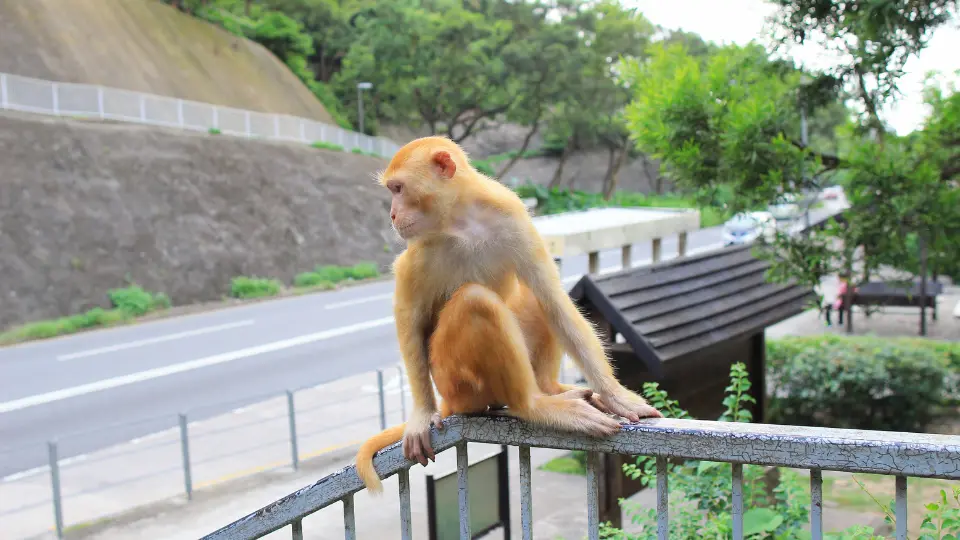
The rewards of Hong Kong’s hikes is access to stunning vistas of the city and beyond, serene mountain streams, cascading waterfalls, tranquil rock pools, and dense subtropical forests that host a diverse array of wildlife. Along the way, trekkers may encounter chattering monkeys, birds, and butterflies, and stumble on rugged cliffs and hidden caves.

One of the most popular trail choices is Dragon’s Back, which offers panoramic views of surrounding island beaches and the South China Sea. The trail spirals through lush forests and culminates at beaches like Big Wave and Shek O, where hikers can refresh with a swim, go surfing, and savor a seafood feast.

For those interested in history and culture, Hong Kong’s heritage treks lead to historic fishing villages and ancient settlements, such as the 300-year-old walled Hakka village of Lai Chi Wo. Elsewhere, hikes to scenic waterfalls, such as Bride’s Pool Nature Trail and Ng Tung Chai Waterfalls, promise both tranquility and adventure in the foothills of Hong Kong’s tallest mountains.
In the northeast New Territories, enter Pat Sin Leng Country Park for a woodland hike that leads through a nature reserve full of rare butterflies. It culminates at the reflective waters of Lau Shui Heung Reservoir, known as the “mirror of the sky”.
Curious About Cultural Charms?
If you’re more intrigued by Hong Kong’s rich history, iconic landmarks like the Tian Tan Buddha and Wong Tai Sin Temple give a glimpse into the city’s cultural heritage and its traditions and spiritual practices.
More keen on exploring contemporary culture and events? Discover Hong Kong’s “newer” hotspots such as the West Kowloon Cultural District and Tai Kwun, known as the cultural hub of Hong Kong. Here, visitors can enjoy seasonal exhibitions and regular events that showcase the city’s arts scene and modern influences. These districts are also known for their choice of dining options: indulge in Hong Kong’s culinary delights and taste its renowned fusion cuisine.
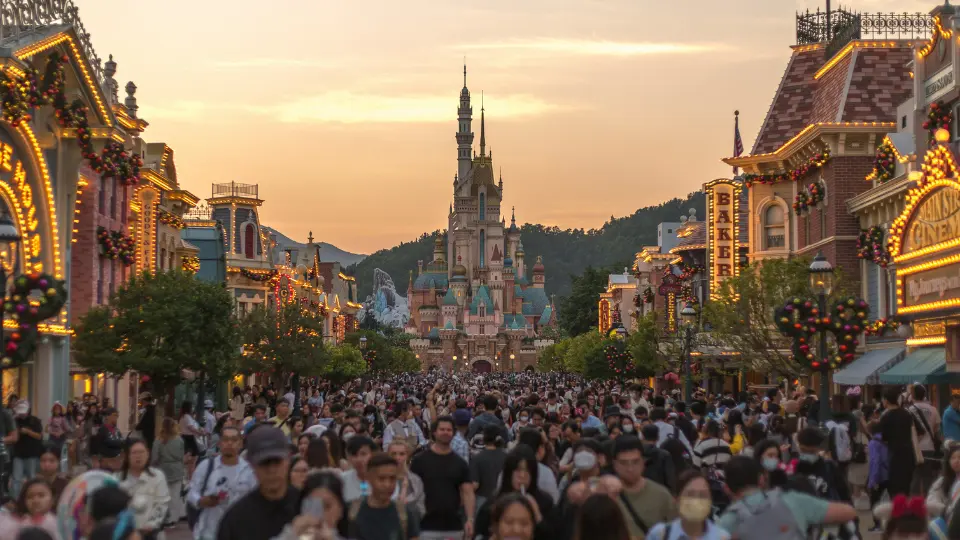
There’s no shortage of entertainment, either. Hong Kong regularly hosts various annual business conferences, cultural festivals, and musical mega-concerts, not to mention prestigious sporting events such as horse racing and rugby championships. And let’s not forget Hong Kong Disneyland and Ocean Park, which promise fun-filled adventures for visitors of all ages! What more to ask from this vibrant and dynamic destination?
Final Thoughts.
Hong Kong’s natural gems offer a refreshing contrast to the city’s urban landscape, providing a sanctuary for nature enthusiasts and adventurers alike. From hiking trails and wetlands to geological wonders and marine adventures, there’s no shortage of natural attractions to explore.
So, for those seeking a break from the busyness of city life, look no further than Hong Kong’s natural treasures. Pack your bags, lace up your hiking boots, and get ready to embark on an unforgettable journey into nature’s playground.
Ready for your next adventure?
Are you looking to balance your internship placement with memorable travel experiences? Hong Kong offers an exciting opportunity for personal and professional growth. Gain hands-on skills, connect with industry insiders, and build a foundation for your career.
If you’re ready to embrace new possibilities in one of Asia’s metropolitans, browse our programs in Hong Kong and propel your global hospitality career forward.
Planning a trip to Hong Kong? We’ve compiled some tips in our Hong Kong Go-To Travel Guide.
Hong Kong: Venture Beyond the City Read More »





